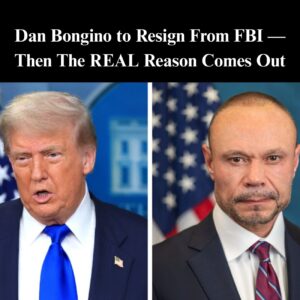President Donald Trump’s latest executive order has ignited intense debate across the United States and beyond. Framed as a measure to combat anti-Semitism, the order goes much further than most observers expected by tying immigration policy directly to campus protests. Under its provisions, international students who participate in demonstrations deemed “anti-Israel” could face visa revocation and possible deportation. Critics argue that this sweeping approach risks punishing peaceful dissent, silencing legitimate political speech, and undermining the very principles of democracy that the nation has long claimed to defend.
The order arrives at a time when campus activism around the Israeli-Palestinian conflict is at its peak, with student groups on both sides frequently staging demonstrations. Trump’s move, however, equates pro-Palestinian advocacy with anti-Semitism, a linkage that scholars and civil rights advocates describe as overly broad and deeply problematic. By blurring the line between anti-Semitism and criticism of Israeli government policies, the administration is accused of weaponizing immigration law to shut down political opposition. For many, this signals a dramatic escalation in the use of executive authority to shape the boundaries of acceptable speech on college campuses.
For international students, the impact could be immediate and devastating. Thousands who came to the United States seeking education now face the possibility that attending or even being present at a protest could jeopardize their legal status. University administrators are already fielding panicked questions from students uncertain whether voicing political views could cost them their degrees, their visas, or their futures. The result, according to free speech advocates, is a climate of fear that threatens to chill open dialogue not only on the Israel-Palestine conflict but on other contentious political issues as well.
Criticism has poured in from human rights organizations, academic groups, and legal scholars. The American Civil Liberties Union condemned the order as a “blatant attempt to criminalize dissent,” warning that it sends a dangerous message to the world about America’s commitment to free expression. International watchdog groups echoed this concern, with some warning that the policy resembles tactics used by authoritarian regimes that suppress opposition under the guise of national security or cultural sensitivity. Foreign governments have also raised alarms, with several Middle Eastern and European officials questioning how the United States can promote democratic freedoms abroad while curtailing them at home.
Supporters of the order, however, argue that it is necessary to protect Jewish students and counter rising incidents of anti-Semitic harassment on campuses. They claim that protests targeting Israel often cross the line into hate speech, leaving Jewish students feeling unsafe. By holding international students accountable through immigration law, proponents contend, the government is sending a strong signal that intolerance will not be tolerated. Yet opponents maintain that this rationale is both selective and disproportionate, punishing entire groups of students while failing to address anti-Semitism through education, dialogue, or more balanced legal frameworks.
The long-term implications of this executive order remain uncertain, but its immediate effect is unmistakable: it has deepened polarization, heightened tensions on campuses, and sparked global criticism of America’s human rights record. Legal challenges are expected in federal court, with advocacy groups preparing to argue that the order violates constitutional protections of free speech and due process. For students, educators, and citizens, the broader question looms large: can a democracy remain true to its values if peaceful dissent is equated with disloyalty? As protests continue and legal battles mount, the controversy surrounding Trump’s order may prove to be one of the defining flashpoints of the ongoing debate over free speech, immigration, and America’s role as a defender—or suppressor—of democratic freedoms.

